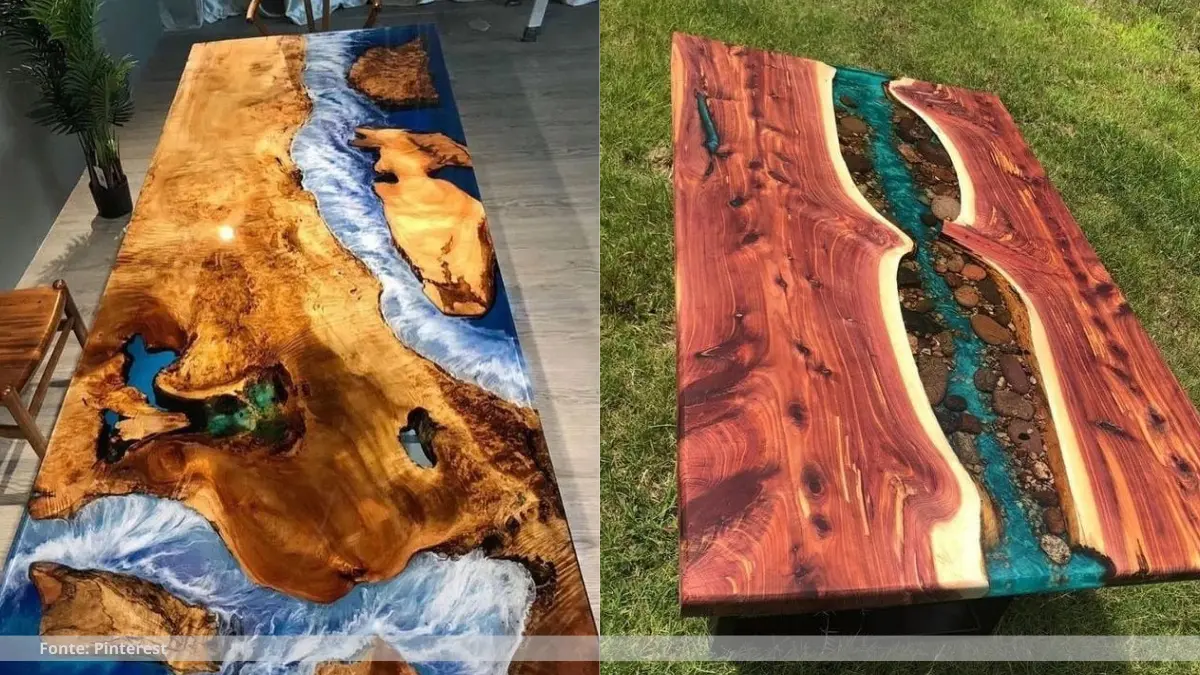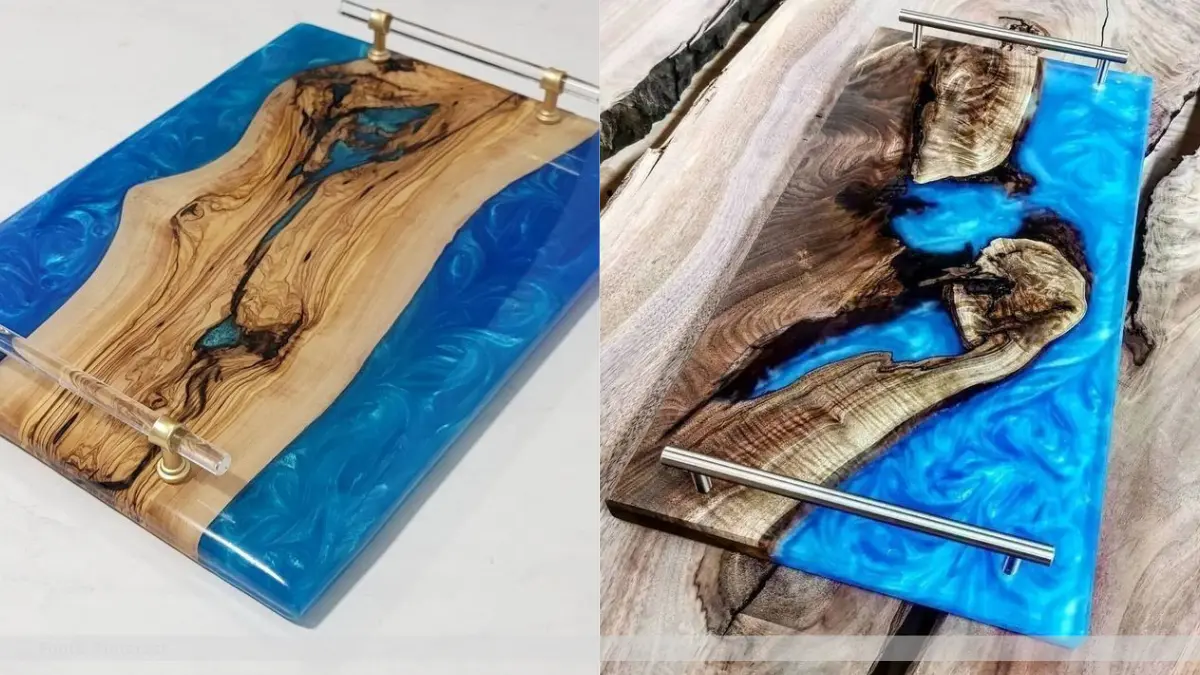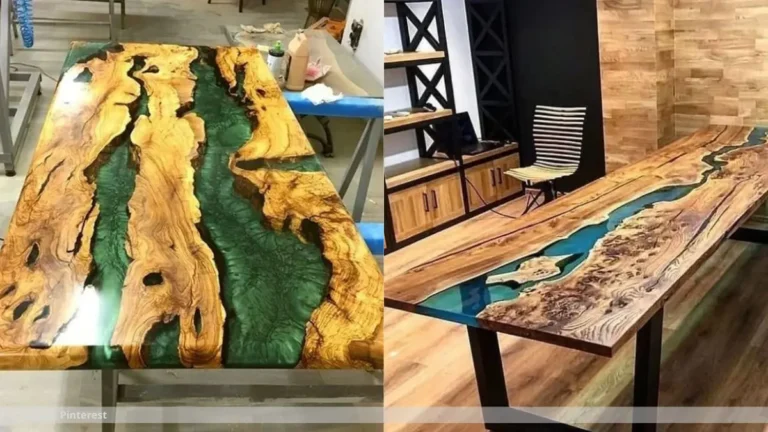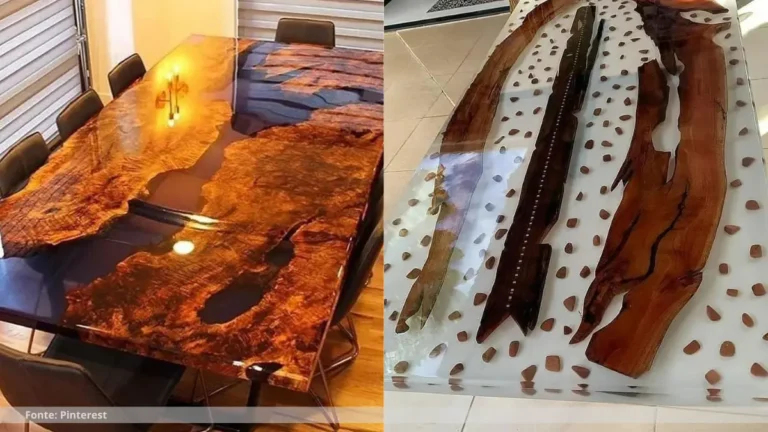
Resin Epoxy in Nepal: Everything You Need to Know
Resin epoxy has gained popularity in Nepal as an essential material for DIY projects. It is a versatile and easy-to-use material that can be used for a variety of projects, from creating beautiful art pieces to repairing household items. Here is everything you need to know about using resin epoxy for DIY projects in Nepal.
What is Resin Epoxy?
Resin epoxy is a type of synthetic resin that is created by mixing two components – resin and hardener. When combined, these two components react chemically to form a hard and durable material. Resin epoxy is known for its ability to bond to a wide range of materials, including wood, metal, glass, and plastic.
Types of Resin Epoxy
There are several types of resin epoxy available in Nepal, each with its own unique properties and applications. Some common types include:
Clear Casting Epoxy
Clear casting epoxy is a transparent resin that is ideal for creating jewelry, coasters, and other decorative items. It is self-leveling and can be easily colored with dyes or pigments.
Art Resin
Art resin is a high-gloss epoxy resin that is perfect for creating art pieces such as paintings, sculptures, and resin pours. It is UV-resistant and provides a crystal-clear finish.
How to Use Resin Epoxy
Using resin epoxy for DIY projects in Nepal is simple and straightforward. Here are some basic steps to follow:
Prepare the Surface
Before applying resin epoxy, make sure the surface is clean, dry, and free of any dust or debris. Sanding the surface can help improve adhesion.
Mix the Resin and Hardener
Follow the instructions on the packaging to mix the resin and hardener in the correct ratio. Stir the mixture thoroughly to ensure even distribution.
Apply the Resin Epoxy
Pour the resin epoxy onto the prepared surface and use a brush or spatula to spread it evenly. Avoid overworking the resin to prevent air bubbles from forming.
Cure the Resin
Allow the resin epoxy to cure according to the manufacturer’s instructions. This typically involves letting it sit undisturbed for a certain amount of time.
Where to Buy Resin Epoxy in Nepal
Resin epoxy can be purchased from various crafting stores and online retailers in Nepal. Be sure to check the quality and authenticity of the product before making a purchase.
In Conclusion
Resin epoxy is a versatile and practical material for DIY projects in Nepal. Whether you are a beginner or experienced crafter, resin epoxy can help you bring your creative ideas to life with ease and precision.
Read the Recent Articles of the Day by Clicking Here!
One important suggestion when using resin epoxy for DIY projects in Nepal is to make sure you are working in a well-ventilated area. Epoxy resin emits strong fumes that can be harmful if inhaled in large quantities, so it is important to have proper ventilation to avoid any health risks. Additionally, be sure to wear appropriate personal protective equipment, such as gloves and a mask, to protect yourself from any potential skin irritation or respiratory issues. It is also essential to follow the manufacturer’s instructions carefully, as improper mixing ratios or application techniques can result in a failed project. By taking these precautions, you can safely and effectively use resin epoxy for your DIY projects in Nepal.

Frequently Asked Questions: Resin epoxy in nepal
What is resin epoxy and how is it used in Nepal?
Resin epoxy is a type of adhesive that dries clear and hard, commonly used in Nepal for repairing and waterproofing structures like boats, furniture, and artwork.
Where can I buy resin epoxy for DIY projects in Nepal?
You can buy resin epoxy for DIY projects in Nepal at local hardware stores, specialty DIY stores, or online marketplaces like Daraz or HamroBazar.
Are there different types of resin epoxy available in Nepal?
Yes, there are various types of resin epoxy available in Nepal, including clear epoxy, colored epoxy, metallic epoxy, UV-resistant epoxy, and high-temperature resistant epoxy.
Can resin epoxy be used for outdoor projects in Nepal?
Yes, resin epoxy can be used for outdoor projects in Nepal, as it is weather resistant and durable. It can provide a protective coating for outdoor surfaces.
So, what do you think about this subject? Share your opinion in the comments and let’s continue discussing together!


